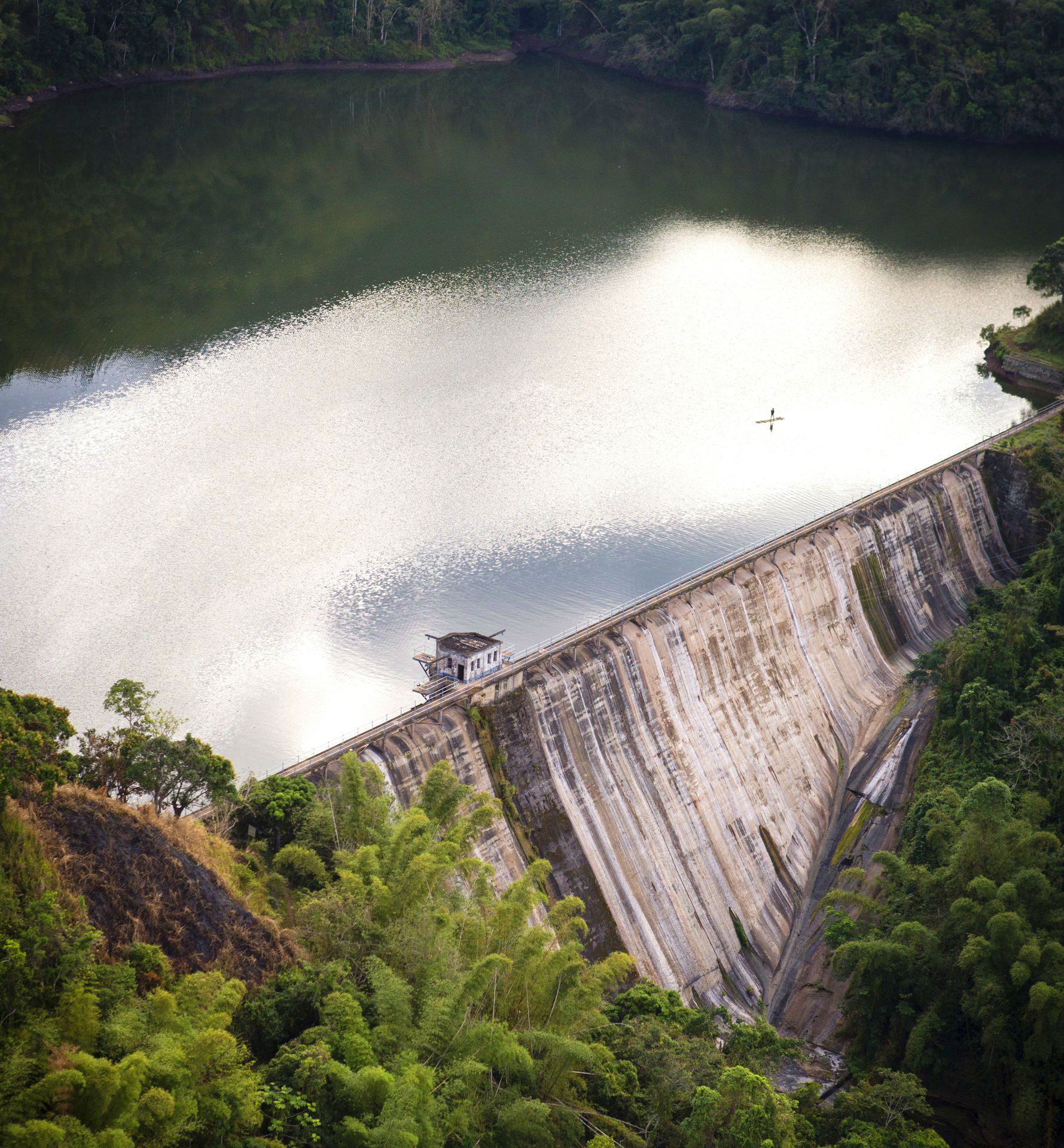Water is everybody’s business and is connected to everything we do. Water is essential to Jamaica’s sustainable development and is the basis upon which many of our sectors are built.
The quality of water that we receive begins with the quality of our raw water. The Water Resources Authority (WRA) continues to support the Government in securing the sustainability of Jamaica’s water resources and the resilience of the nation to droughts and floods.
Several years of underinvestment have led to a poor distribution network and aging infrastructure, which left thousands either without potable water or an inconsistent supply. The connectivity between the government and citizens on this very important issue is slowly being rebuilt.
What is the Government doing?
The Government, through the Ministry of Economic Growth and Job Creation (MEGJC), has taken tangible and substantial steps to address the challenges within the sector. The MEGJC has portfolio responsibility for the major water agencies, the Water Resources Authority, and the National Water Commission (NWC), as well as the Central Wastewater Treatment Company Limited, a subsidiary of the NWC, which provides sewerage services.
The GOJ’s vision for the management of the nation’s water resources is guided by the National Water Sector Policy and Implementation Plan 2019 (NWSP). The NWSP aims to ensure that the country’s water resources are managed sustainably and integrated to facilitate the population’s universal access to potable water and adequate sanitation by 2030. The goal is to ensure that Jamaica’s water resources are effectively managed to provide for our nation’s social, economic, and environmental well-being, now and in the future.
Minister with responsibility for Water in the MEGJC, Sen. the Hon. Matthew Samuda has been hard at the task of extending the water footprint across the island by “turning on the pipes”, and distributing tanks under the NWC’s Tank and Pump Rehabilitation for Operational Efficiency Improvement Programme.
In 2022, the MEGJC, through the NWC, completed water projects in every parish representing $4 billion of Capital Investment which provided upwards of 150,000 Jamaicans with access to a more reliable and consistent water supply. This financial year, the NWC expects to complete projects representing more than $ 7 billion of capital investment which will benefit thousands more Jamaicans.
However, the Government is not resting on its accomplishments but continues to take further steps towards increasing access.
ENERGY
The launch of a solar plant at Mona Reservoir will, among other benefits, realize energy savings in excess of one billion dollars ($1,000,000,000) a year over an 18-month period. The aim is to reduce the consumption of energy from fossil-based fuels and reduce the overall cost of energy used in the production of water which will result in a more effective and efficient service to Jamaicans.
NON-REVENUE WATER
The NWC has also partnered with water specialists, MIYA, in a Non-Revenue Water (NRW) Reduction Programme for the parishes of Portmore and Kingston & St. Andrew. Since the implementation of the NRW in 2022, Portmore has seen a 26% reduction in water losses while the project has surpassed its target of 60% in the KSA. There is a planned rollout of the island wide NRW programme in the short to medium term.
Drought mitigation measures
Notwithstanding the Government’s efforts to provide fit-for-purpose infrastructure for storage and distribution to its customers, rainfall is a major element required for a consistent water supply, that is beyond the agency’s control.
All reports indicate that Jamaica is currently experiencing the worst drought since 2014, with the Meteorological Services reporting that the island started experiencing reduced rainfall as early as October last year recent reports indicate that the reduction in rainfall has since worsened, with the island receiving a mere 28% of its 30-year average rainfall in February 2023.
The Government has been proactive and in February, the Prime Minister announced a JM$150million allocation for Drought mitigation from the MEGJC of which:
- $ 35 million was allocated to the Ministry of Local Government and Rural Development to facilitate trucking by municipalities.
- $ 20 million for the purchasing of blank tanks to support affected communities and
- $ 95 million to the NWC to facilitate trucking through their systems to customers and critical infrastructure.
In addition, the MEGJC is improving water security for at-risk communities, particularly in rural areas, through the delivery of 50,000 black tanks over a three-year period. Distribution will begin with 13,000 in July, this year. The distribution of the tanks will have a rainwater harvesting component with the government providing guttering and collection.
What can citizens do?
Yet, the Government’s efforts will amount to nothing if the citizens are not playing their part.
How? The easiest ways are by planting more trees, practicing proper disposal of waste, investing in rainwater harvesting infrastructure, and employing sustainable irrigation practices.
Paying their bills on time is another method of ensuring the sustainability of the water supply. When customers pay their bills, the NWC in turn can put that money into well-needed infrastructure and energy projects that benefit citizens.
Reporting illegal connections and leakages or broken pipes are also steps that can be taken to assist with the efficient distribution of water.
We are still a long way from where we should be but under the guidance of the legislation along with the guidance of the portfolio Ministry and Agencies, the water sector is finally receiving the attention it deserves.


